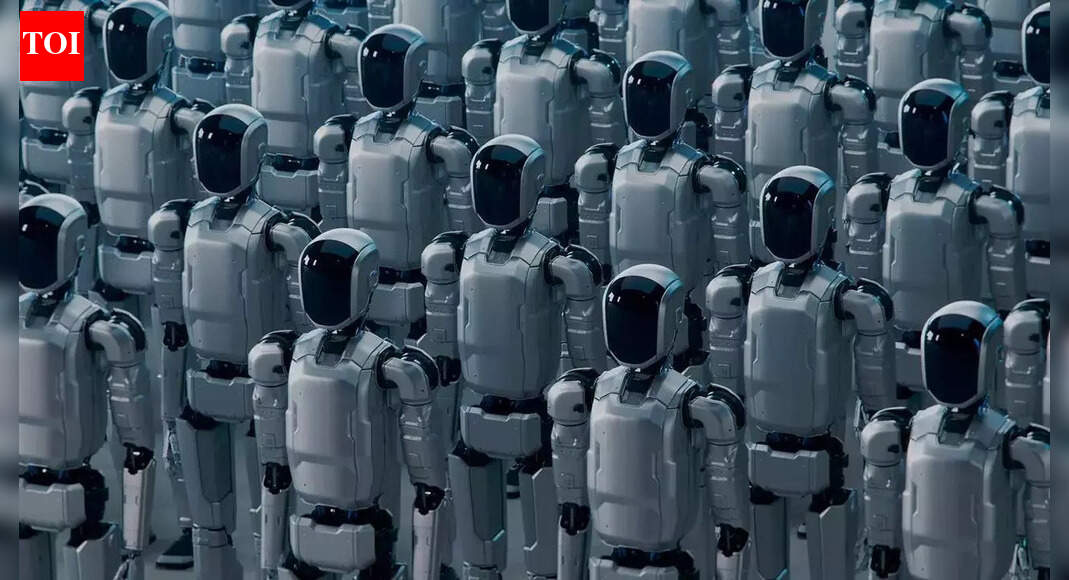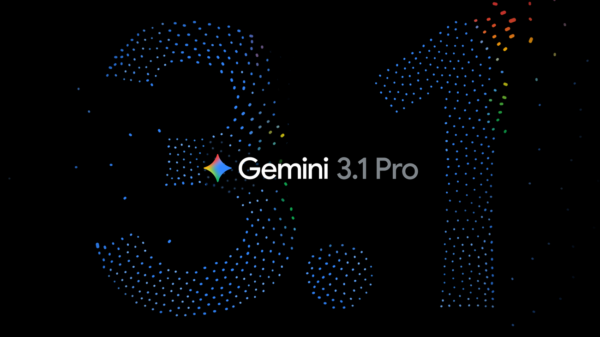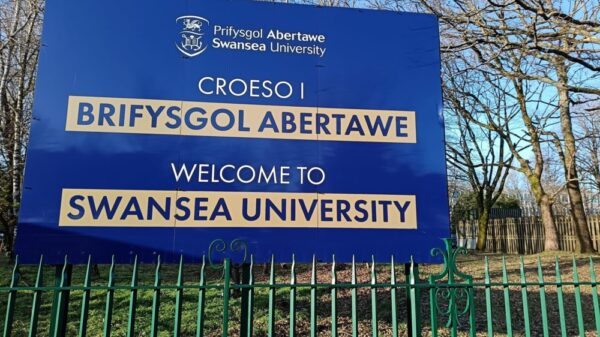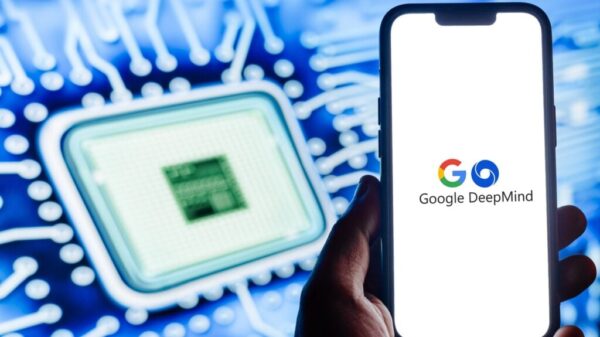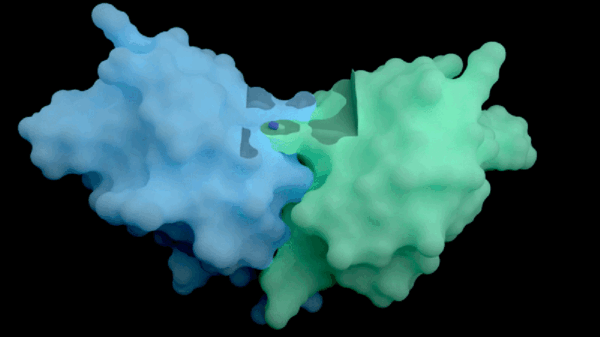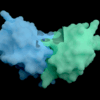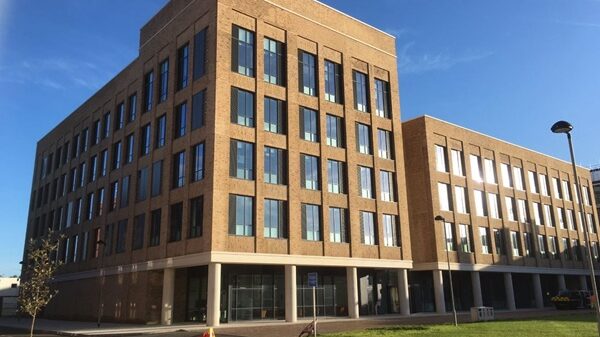In a significant strategic move, Google DeepMind has appointed former Boston Dynamics executive Aaron Saunders as its new vice president of hardware engineering. With a notable track record of 22 years at Boston Dynamics, where he served as chief technology officer, Saunders played a pivotal role in the development of renowned robots such as the agile humanoid Atlas and the versatile dog-like robot Spot. His expertise is expected to bolster DeepMind’s ambitions in the robotics sector, particularly in integrating its advanced Gemini AI model into physical machines.
This hiring aligns with the vision articulated by DeepMind CEO Demis Hassabis in a recent interview with Wired, where he described Gemini as the software layer for robotics, akin to how Google’s Android serves smartphones. “We want to build an AI system, a Gemini base, that can work almost out-of-the-box across any body configuration,” Hassabis stated, emphasizing the importance of versatility in AI applications across humanoid and non-humanoid robots.
DeepMind’s Vision for Robotics
DeepMind has already demonstrated the capabilities of its Gemini models, showcasing robots performing complex physical tasks such as making packed lunches, folding origami, tying shoelaces, and even executing a slam dunk. Previously, the company unveiled a version of Gemini Robotics that operates without needing an internet connection, marking a pivotal shift for AI robots that typically depend on remote servers for processing power. This innovation allows humanoid robots to function in various environments, including remote or potentially extraterrestrial locales, without the need for constant data connectivity.
Carolina Parada, head of robotics at DeepMind, highlighted that Gemini Robotics On-Device is a significant advancement towards making sophisticated robotics models more accessible and adaptable. Parada expressed excitement about the potential developments in the robotics community stemming from this initiative, suggesting a burgeoning future for the integration of AI in physical environments.
DeepMind has long been invested in robotics, with systems like RT-1 and RT-2 designed to train robots through human demonstrations. The recent launch of Gemini Robotics 1.5 and Gemini Robotics-ER 1.5 signifies the culmination of its efforts to merge AI models with actual robotic hardware. As the interest in humanoid robotics escalates globally, DeepMind is intensifying its focus on connecting AI models directly to real-world machines, with Hassabis predicting substantial advancements in AI-driven robotics over the next few years.
Competitive Landscape in Humanoid Robotics
The hiring of Saunders also places DeepMind in a competitive landscape that features other key players in humanoid robotics, including Agility Robotics, Figure AI, 1X, and Tesla. Elon Musk has openly stated Tesla’s aim to produce 1 million units of its humanoid robot, Optimus, within the next decade. Simultaneously, companies like Nvidia are stepping up as critical suppliers in the robotics space, providing specialized hardware and AI models such as GR00T and GR00T-Dreams, designed to enhance robot training through simulation and video learning.
As DeepMind and its peers navigate the rapidly evolving field of humanoid robotics, the integration of AI into physical forms is becoming increasingly critical. The spotlight on advanced AI systems like Gemini is indicative of a broader trend where cognitive capabilities are prioritized to facilitate complex task execution, fundamentally reshaping how we perceive the future of robotics.
In summary, with Aaron Saunders at the helm of hardware engineering, DeepMind is poised to take significant strides in the robotics domain, driven by the ambitions of Hassabis and the innovative potential of the Gemini model. As the technological landscape evolves, the intersection of AI and robotics will be a focal point for industry growth and development.
See also LLMs Generate Self-Building Benchmarks, Achieving 66% Accuracy in 2025 Exams
LLMs Generate Self-Building Benchmarks, Achieving 66% Accuracy in 2025 Exams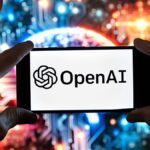 Global AI Regulation Battle Intensifies: EU, US, and China Clash Over Frameworks
Global AI Regulation Battle Intensifies: EU, US, and China Clash Over Frameworks Homer City Energy Campus to Boost Natural Gas Demand Amid Data Center Revolution
Homer City Energy Campus to Boost Natural Gas Demand Amid Data Center Revolution Intel Partners with Monse for AI-Enhanced Runway Show at New York Experience Store
Intel Partners with Monse for AI-Enhanced Runway Show at New York Experience Store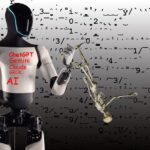 Cal State LA Faces Backlash for $17M OpenAI Deal Amidst AI Concerns for Students
Cal State LA Faces Backlash for $17M OpenAI Deal Amidst AI Concerns for Students
















































